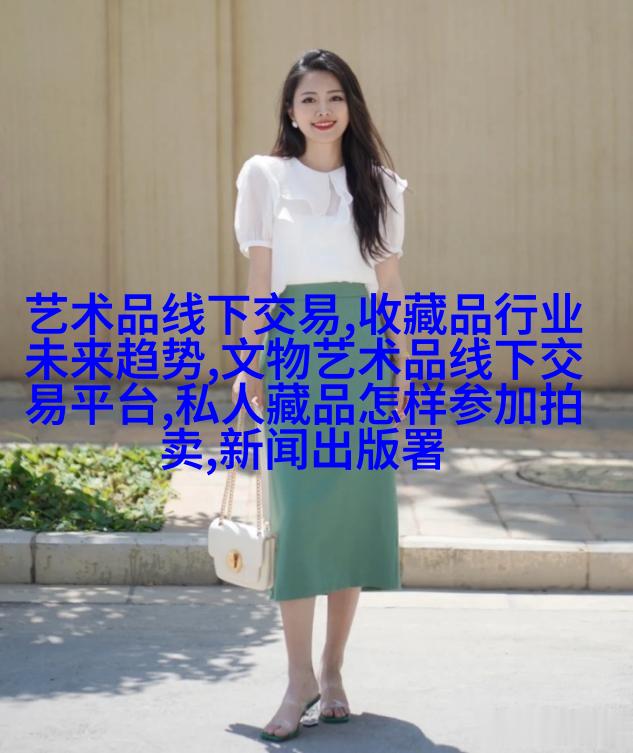Are Artists Unique Perspectives Rooted in Their Pe
Are Artists' Unique Perspectives Rooted in Their Peculiarities or Innate Genius?

In the world of art, there exists a peculiar phenomenon: individuals with exceptional artistic talent often exhibit unusual behavior and perspectives. This paradox has long fascinated art enthusiasts and scholars alike, leading to endless debates about whether an artist's genius stems from their innate nature or their unique life experiences.
Some argue that artists are born with an innate gift for creativity, which sets them apart from others. According to this view, these individuals possess a natural inclination towards art-making that cannot be learned or replicated by others. The eccentricity associated with such artists is merely a reflection of their extraordinary talents.

However, another perspective suggests that it is not just innate ability but also the artist's environment and experiences that contribute to their distinctive outlook on life. For instance, many famous artists have been known to lead unconventional lifestyles filled with personal struggles and challenges. These experiences can shape an individual's worldview and inspire new ways of thinking—ways that might seem strange or even bizarre to those who do not share similar backgrounds.
One notable example is Vincent van Gogh—a post-impressionist painter whose works continue to captivate audiences worldwide despite his troubled life. Van Gogh struggled with mental health issues throughout his career and was known for his intense emotional responses to the world around him. His unique perspective on life led him to create some of the most iconic paintings in history—works characterized by bold brushstrokes and vivid colors.

Another case in point is Salvador Dalí—a surrealist master whose artwork continues to intrigue viewers today due largely to its dreamlike imagery combined with technical mastery of painting techniques like sfumato (smoke-like blending). Dalí was known for his flamboyant personality as well as unorthodox views on everything from politics (he was a strong supporter of Franco)to science (he believed he could predict future events through dreams).
The relationship between an artist's peculiarity and creative output raises questions about what exactly constitutes "genius." Is it simply raw talent? Or does it require a certain level of oddness—the kind that allows one see things differently? Some argue that being outside the norm fosters innovation while others believe true greatness comes only when coupled with skillful execution.

While we may never fully understand how individual factors interplay in creating artistic brilliance—and why so many gifted painters seem so quirky—it remains clear one thing: Artistry encompasses more than mere technique; it involves vision – seeing beyond what others see – something often difficult if not impossible without embracing uniqueness within oneself.